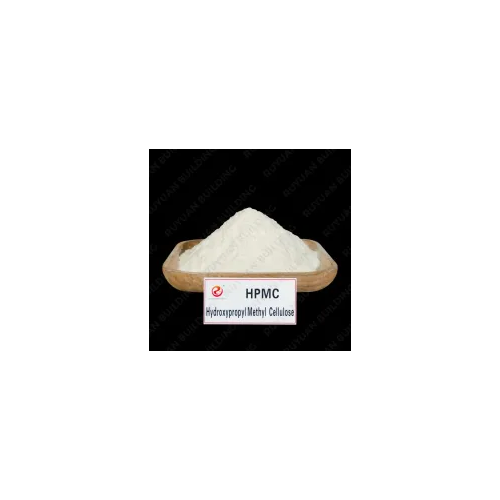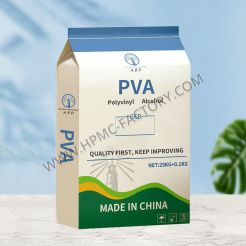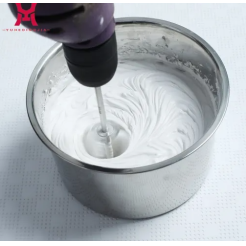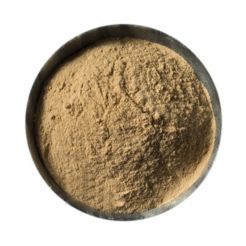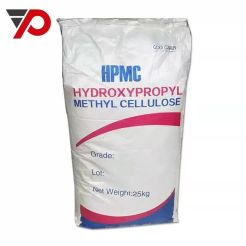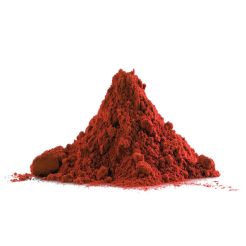Hydroxypropyl Methyl Cellulose - HPMC Powder
Hydroxypropyl Methyl Cellulose (HPMC) is made from pulverized refined cotton, alkalized with sodium hydroxide (liquid caustic soda) solution, etherified with methyl chloride and propylene oxide, then neutralized, obtained after filtering, drying, crushing and sieving.
Product Description
Hydroxypropyl Methyl Cellulose (HPMC) is made from pulverized refined cotton, alkalized with sodium hydroxide (liquid caustic soda) solution, etherified with methyl chloride and propylene oxide, then neutralized, obtained after filtering, drying, crushing and sieving.
PRODUCT DESCRIPTION
Specifications
|
Appearance |
White or off-white powder |
|
Particle size |
98% passed 80 mesh min |
|
Loss on drying % |
≤5.0 |
|
Salinity % |
≤5.0 |
|
Water retention % |
>90 |
|
Ash Content % |
≤5.0 |
|
Viscosity (NDJ-1, 2% solution, 20℃) |
50,000-200,000cps |
|
PH Value |
6-8 |
|
Gel temperature ℃ |
60-70 |
|
Methoxyl group % |
28-30 |
|
Hydroxyl propyl group % |
7-12 |
|
Dosage |
2-3.5‰ |
Application Advantages
● Excellent water retention
● Excellent workability
● Excellent spraying effect
● Troweling easy and without sticky
Packing & storage
● Packed in 25 kg valved multilayer paper bags with polyethylene insertion
●Guaranteed shelf life in closed and undamaged package is
● It should be protected from sun and rain, fire and moisture when transportation and storage.
Recommended application
● HPMC-50
Light Gypsum Gypsum Plasters
Gypsum based mortars
● HPMC-100
Skim Coat lWall Putty
Sealing & Gap filling
Cement/Gypsum based Dry mixed mortars
● HPMC-200
Tile adhesive EIFS&ETICS
Cement Masonry Mortar
This information is based on our present state of knowledge.It is intended for public introduction of our products and their uses. This description should not be construed as a guarantee of the products specific properties or serviceability for a particular application.
Cellulose used in construction can be used to increase the strength and durability of concrete, reduce its shrinkage and cracking, increase its elasticity and toughness, and improve its frost resistance and chemical corrosion resistance. It can also be used to strengthen walls, roofs, and floors, improving the overall load-bearing capacity and seismic resistance of buildings.

